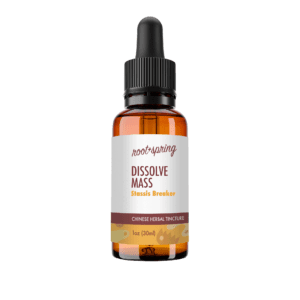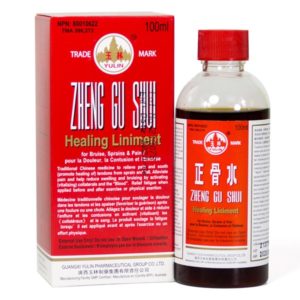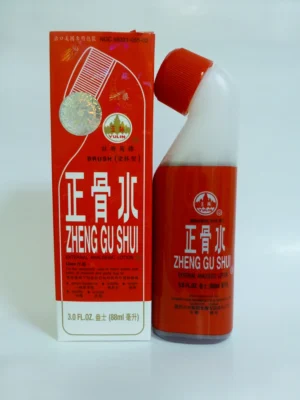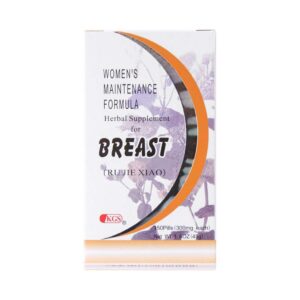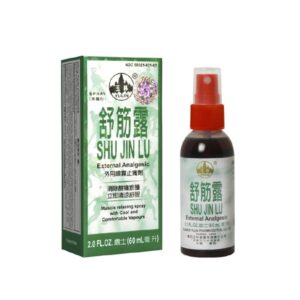E Zhu
English Name: zedoary, curcuma zedoaria, white turmeric
Pharmaceutical Name: Rhizoma Curcumae
Medica Category: Blood-Invigorating and Stasis-Removing Herbs
Properties: E Zhu enters the Spleen and Liver channels, it is bitter and acrid in nature and warm in temperature.
What is E Zhu?:
The Chinese Herb E Zhu is the dried rhizome of curcuma zedoaria (aka zedoary—Curcuma zedoaria Rosc.; and 2 others depending on the region in China). The zedoary plant itself is a relative of turmeric and ginger—originally native to India, it is now naturalized to most of Asia/Southeast Asia (and beyond). The rhizomes are the part used medicinally; they are collected in the winter after the leaves have withered, then cleaned, dried, and sliced. Vinegar-frying this herb enhances its potency in breaking stasis and relieving pain.
Traditional Chinese Medicine (TCM) Therapeutic Actions of E Zhu:
E Zhu invigorates blood circulation and break blood stasis in severe cases after other stasis-breaking herbs have been tried and found wanting. Clinically, it is commonly used to addresses (stubborn) amenorrhea with severe pain and palpable masses. This herb is also used to break of palpable masses in the chest, abdomen, and epigastrum (depending on the herbs with which it is combined in formula).
E Zhu activates qi circulation to address epigastric and abdominal pain due to qi stagnation and/or indigestion.
E Zhu is used today in China to break up tumors and masses associated with a medical diagnosis of cancer.
–safety notes:
Contraindicated during pregnancy.
Contraindicated in persons with hypermenorrhea, menorrhagia, early menstruation, and blood heat.
Contraindicated in deficiency patients.
E Zhu should be used with caution in persons taking anticoagulant medications such as heparin, warfarin (Coumadin) and enoxaparin (Lovenox) or antiplatelet drugs such as aspirin, dipyridamole (Persantine) and clopidogrel (Plavix) as concurrent use may have an additive or synergistic effect.
Products Containing Tag: E Zhu – Curcuma Zedoaria – Rhizoma Curcumae
-
Dissolve Mass (Stasis Breaker) – Liquid Extract (Tincture)
Add to CartStarting at $14.00
-
Zheng Gu Shui – Yulin Brand
Add to Cart$25.49
-
Zheng Gu Shui (w/applicator brush) – Yulin Brand
Add to Cart$26.49
-
Ru Jie Xiao – Women’s Breast Maintenance Formula
Add to Cart$6.99
-
Shu Jin Lu External Analgesic Spray – Yu Lam Brand
Add to Cart$19.99

